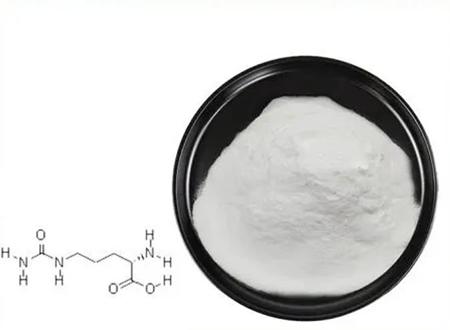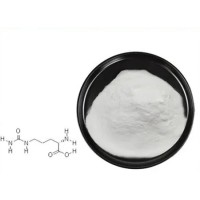Does L-citrulline really improve athletic performance?
L-citrulline is a non-protein amino acid (that is, not a component of protein), an effect of protein and energy metabolism; it naturally exists in the human body, is the only amino acid that escapes visceral retention and has a direct effect on muscle tissue.
L-citrulline is a non-protein amino acid (that is, not a component of protein), an effect of protein and energy metabolism; it naturally exists in the human body, is the only amino acid that escapes visceral retention and has a direct effect on muscle tissue.
L-citrulline is highly bioavailable, easily absorbed, and tolerated by the body without side effects, its activator efficacy on muscle protein synthesis was confirmed by double-blind comparative test studies (études randomisées et comparatives).

Citrulline is available as a dietary L-citrulline malate supplement (in powdered capsules) and can also be obtained from watermelon, the only food rich in citrulline.
Does L-citrulline really improve athletic performance?
One study found that taking 8 grams of L-citrulline 1 hour before increased resistance exercise capacity in the upper and lower extremities and decreased the rate of perceived exertion during upper extremity exercise. L- citrulline may provide a variety of exercise benefits, but the jury is still out on how much to consume.














